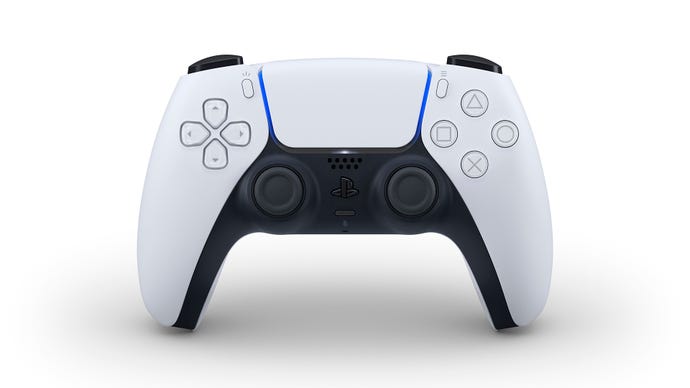Soon it'll be easy to tell if your Steam games support PlayStation controllers
Steam is gearing up to make browsing for games that specifically support DualShock and DualSense controllers much easier.
While Steam generally has excellent controller support, games don't always make it clear which brand of controller they support. Most players use Xbox controllers, which are much more widely supported - but what about PlayStation controllers?
Well, this is about to change, as Valve is introducing new indicatiors, and filters, that specifically show which types of controllers are supported by a given game. As it stands, most game pages simply say whether they fully or partially support controllers, but Valve has already begun asking developers to specify which type of controller their games support.
Starting in early October, both the Steam store, and desktop clients will be updated to show this information. The store pages of games (that support controllers) will now say whether that also includes DualShock/DualSense, which extends to filters.
As a result, the desktop client will be able to tell players which of the games they own support PlayStation controllers. This also means the desktop client will more clearly indicate when a game requires controllers.
As Valve notes in the developer blog, developers would need to add PlaytStation controller support manually, as supporting Xbox controller doesn't automatically mean DualShock/DualSense will also be supported.
That said, Steamworks does provide APIs for developers looking to support controllers on Steam. This is especially true for games with existing Xbox controller support, as it's typically a matter of emulation after that.
Controller support is becoming increasingly important to Valve. Since 2017, over 87 million users played at least once with a controller. While 69% of them are using some version of the Xbox controller, PlayStation controller adoption is currently the fastest-growing, with 27% of controller sessions today, compared to just 11% in 2018.
